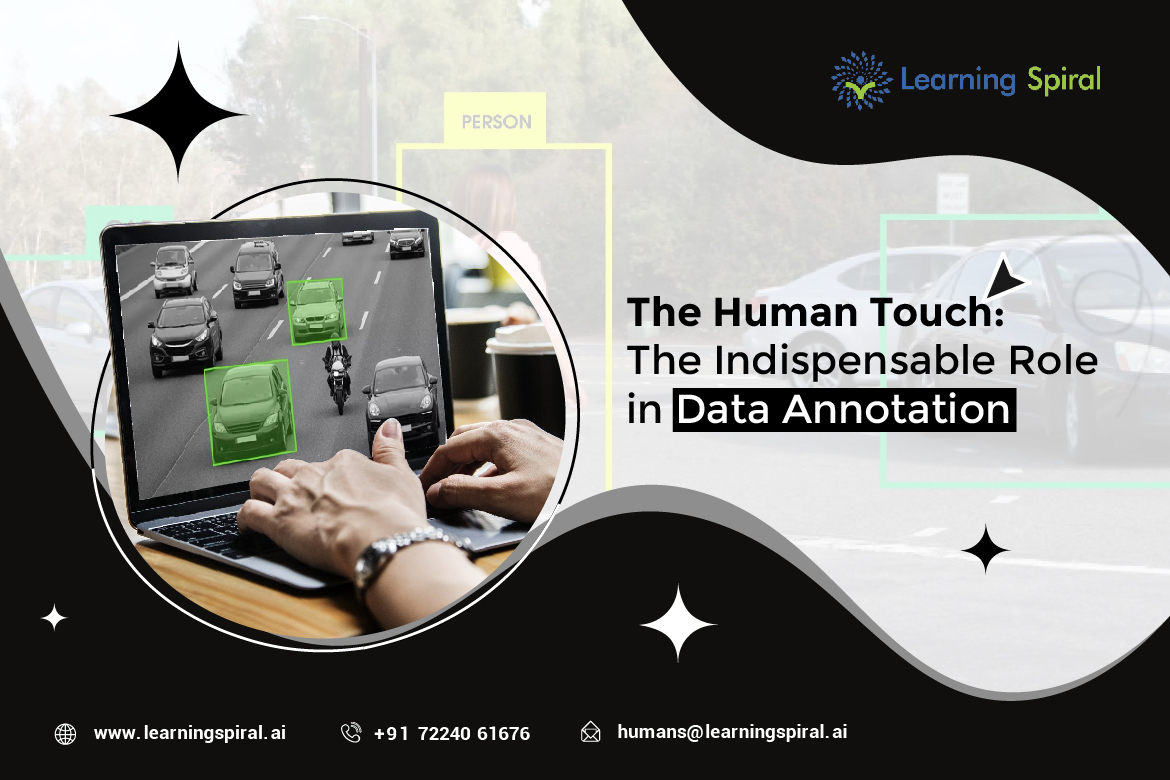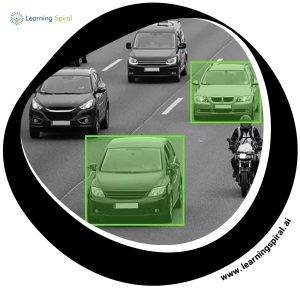
In the age of artificial intelligence, where machines are learning to perform tasks once thought exclusive to humans, the role of humans in data annotation remains as crucial as ever.
While automation has made significant strides in streamlining the process, human expertise continues to be indispensable for ensuring accuracy, quality, and the ethical implications of AI. 
In this article, we will go over the why and how of human involvement and importance in data annotation.
The Need for Human Judgment
Despite advancements in machine learning algorithms, there are still numerous instances where human judgment is irreplaceable. Complex tasks such as fine-grained object detection, understanding context in natural language processing, or interpreting medical images often require a level of nuance and understanding that machines struggle to replicate.
Humans can identify subtle patterns, anomalies, and inconsistencies that might escape automated systems, leading to more accurate and reliable annotations.
- Ensuring Data Quality
Human annotators play a vital role in maintaining data quality. They can review and correct errors introduced by automated systems, ensuring that the data used to train AI models is accurate and consistent.
This is particularly important in domains where even small errors can have significant consequences, such as medical imaging or autonomous vehicles.
- Addressing Bias and Ethical Considerations
One of the most pressing concerns in AI is the potential for bias to be introduced into models. Human annotators can help mitigate bias by ensuring that the data they annotate is representative and diverse.
They can also identify and challenge biases present in the data, preventing these biases from being perpetuated by the AI models trained on it.
- Improving Efficiency and Automation
While humans are essential for ensuring quality, they can also contribute to improving efficiency and automation. Human annotators can provide feedback to machine learning algorithms, helping them to learn from their mistakes and become more accurate over time.
This iterative process can lead to significant improvements in the efficiency of annotation tasks.
- Specialized Knowledge and Expertise
In many domains, human annotators possess specialized knowledge and expertise that is invaluable for accurate annotation. For example, in medical imaging, annotators with a background in radiology can provide more accurate and consistent annotations than those without such expertise.
Similarly, in legal or financial domains, annotators with specific domain knowledge can ensure that annotations are accurate and relevant.
The Future of Human Annotation
As AI continues to evolve, the role of humans in the annotation process is likely to change. While automation will undoubtedly become more prevalent, human expertise will remain essential for tasks that require complex judgment, ethical considerations, and specialized knowledge. In the future, we may see a hybrid approach where humans and machines work together to annotate data, combining the strengths of both.
Conclusion
The role of humans in the annotation process is far from obsolete. Human judgment, expertise, and ethical considerations continue to be indispensable for ensuring the quality, accuracy, and ethical implications of AI.
As AI technology advances, the human-machine collaboration in annotation is likely to become even more important.

